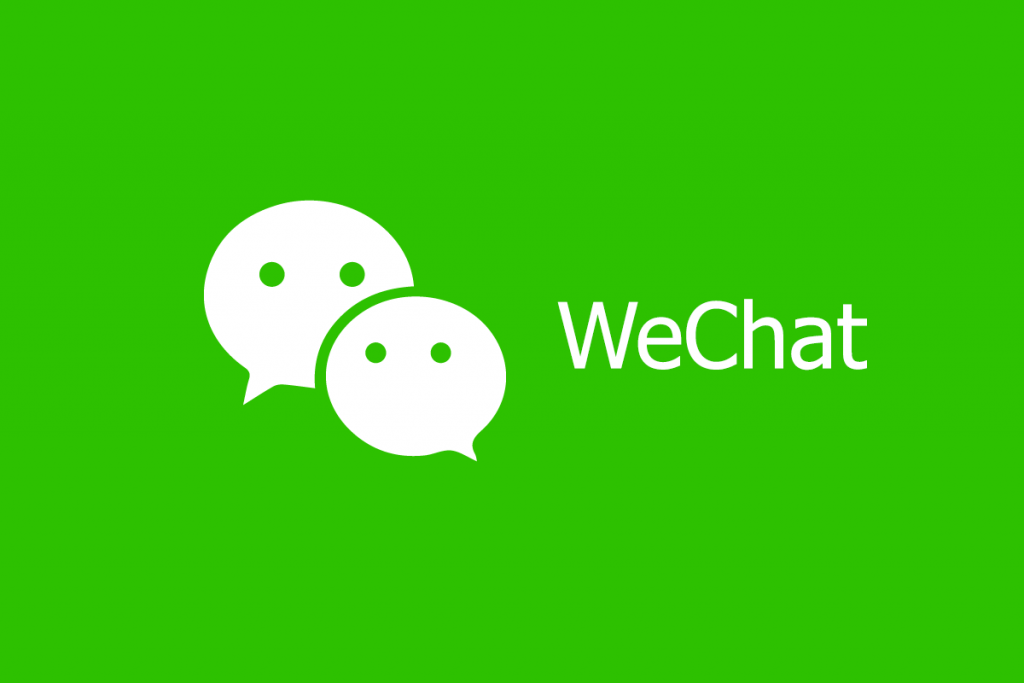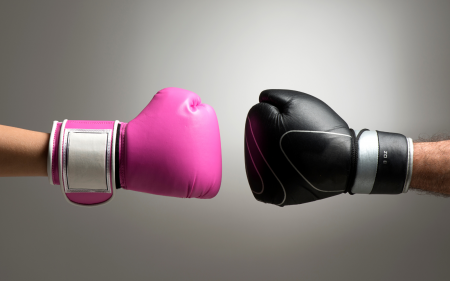The surprise ban last Thursday by US President Donald Trump on Chinese apps TikTok and WeChat is part of the ongoing, increasingly ugly trade war with China – but the ramifications are vastly different.
TikTok has been in the spotlight most recently because of fears that its Beijing-based owner ByteDance could be compelled by the Chinese government to access data about the 100-million US users it has. The app is extremely popular with younger users who film themselves singing and dancing.
Unlike TikTok, which is used for mostly amusement, WeChat is used for everything. Not just for communication, but for everything.
There are none of the usual American-made chat and social media apps behind the Great Firewall. No WhatsApp, no Facebook, no Twitter, no YouTube, no Messenger, no Instagram. There is only WeChat.
Without it, it’s not just that you can’t do business in China, it’s that you can’t do anything. WeChat is often called the “everything app” because you can literally do everything in it: from book a doctor’s appointment or a table at a restaurant or a taxi – and then pay using the app. WeChat Pay, along with Alibaba’s Alipay, are the major mobile payment mechanisms in China. Last year WeChat was also the world’s largest games publisher by revenue, according to researchers Newzoo.
For Chinese expats living abroad, it’s how they stay in touch with family back home. And for foreign firms doing business in China, it’s how they communicate.
Trump’s executive order banning TikTok and WeChat last week might strength Microsoft’s offer to buy the former, but the second-order consequences of banning the latter could potentially hurt America more than China.
As a respected analyst, Ben Thompson wrote about it in 2007: “For all intents and purposes WeChat is your phone, and to a far greater extent in China than anywhere else, your phone is everything.”
Although tech firms like Huawei and ZTE have been banned, China is still the manufacturing hub of the world.
Where do you think all the things Americans buy from Walmart and Amazon get made? Shenzhen, the manufacturing mecca for the tech industry, produces over 90% of all consumer electronics, according to the World Economic Forum.
There are already suggestions that Apple could lose 25 to 30% of its iPhone sales in China if it is forced to pull WeChat from its App Store.
But the damage to communications for US firms will vastly outweigh whatever advantage Trump thinks banning will create. None of the companies that buy products in China will be able to communicate using the medium that the entire country uses. Sure, there is email but there is a reason so much of our mobile communication has shifted to chat apps, which are native to mobile in a way that email isn’t. As effective as it is, email is a hangover from a full-sized keyboard desktop era.
The ban has had a global impact, which was severely felt here in SA. One-third owner Prosus took a huge knock, and therefore so did the JSE after the news wiped US$46bn (R815bn) off Tencent’s market value last week. Naspers shareholders were R200bn poorer this week from all the Naspers stable’s losses.
As a Bloomberg columnist put it: “This is no way to win a Cold War”.
This article first appeared in the Financial Mail.




